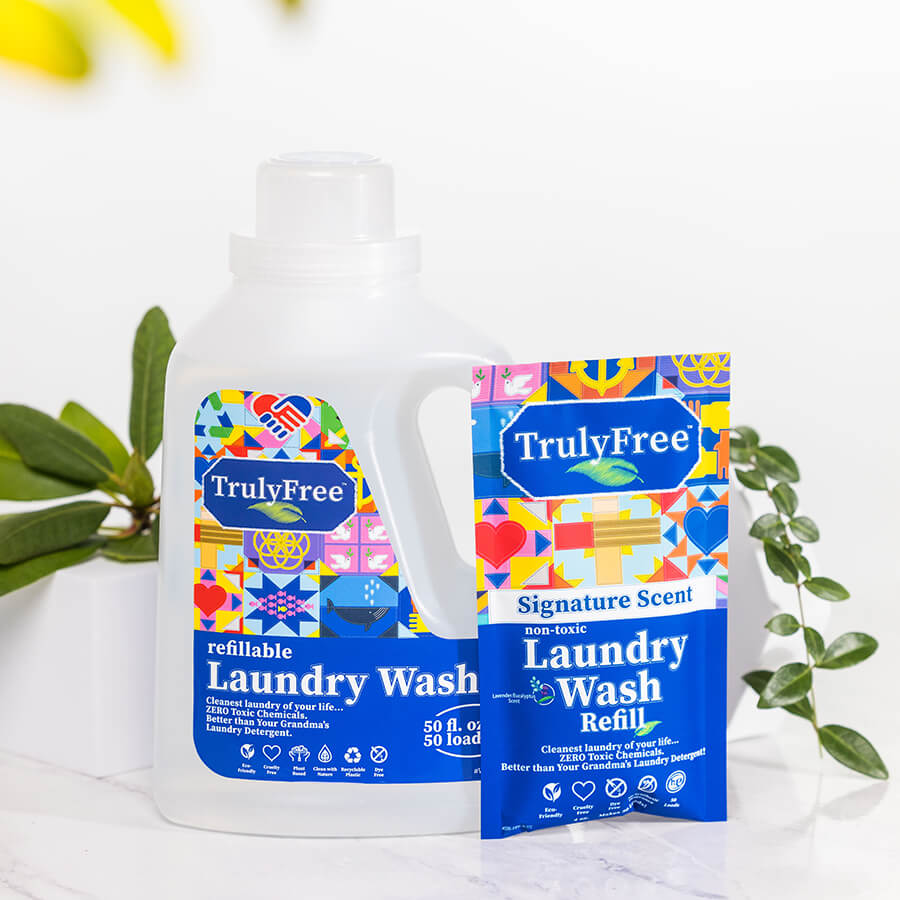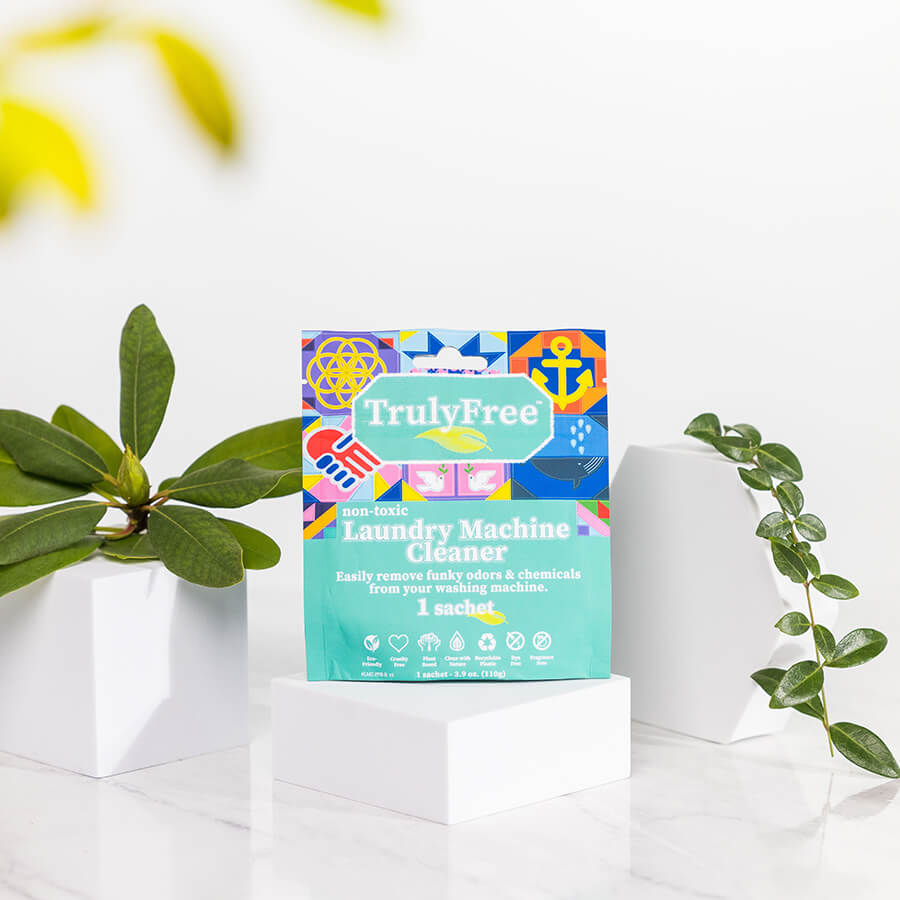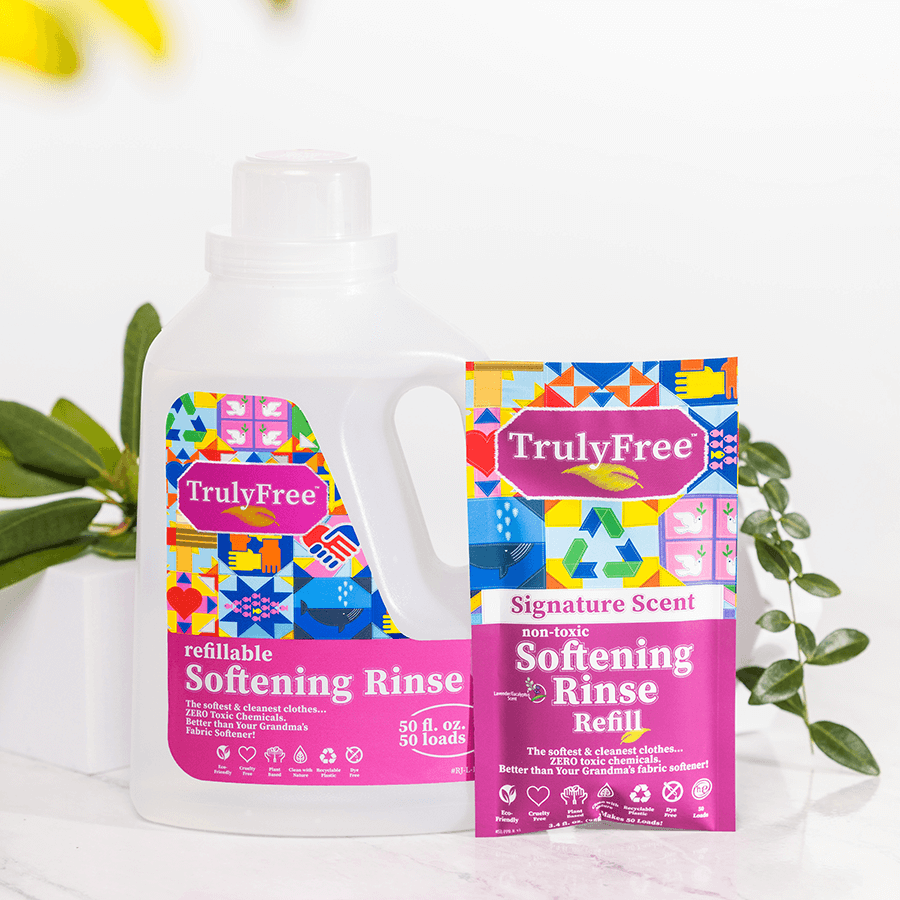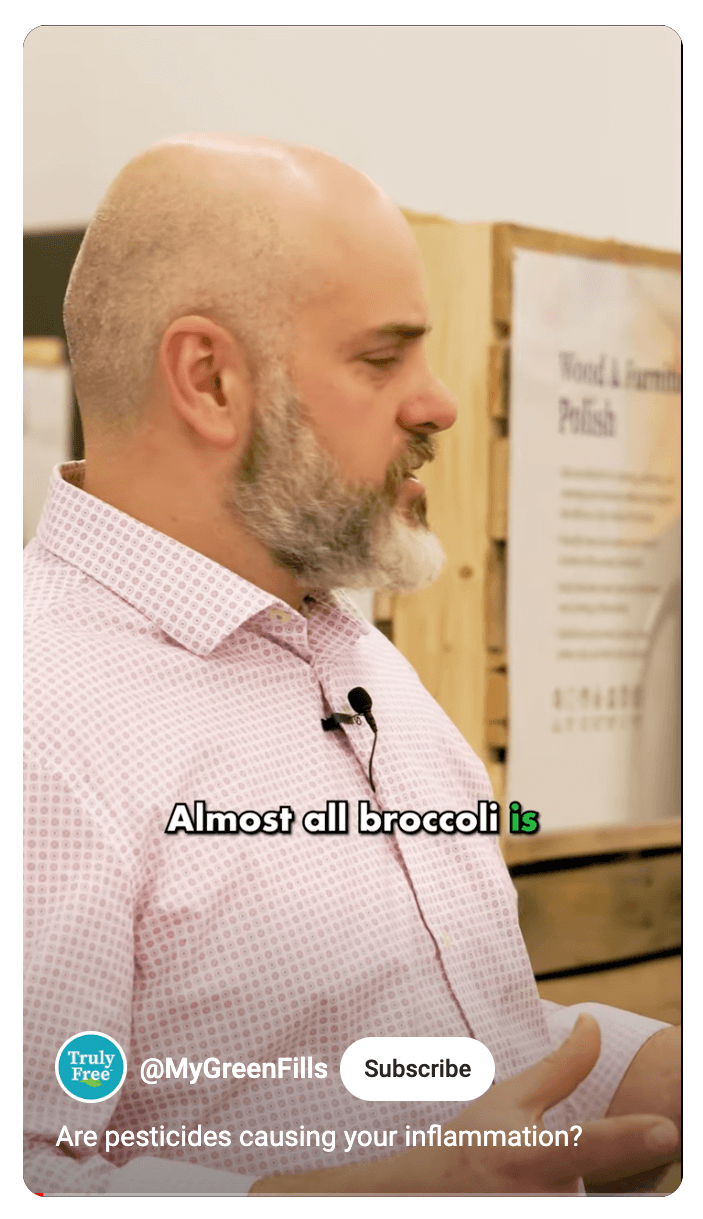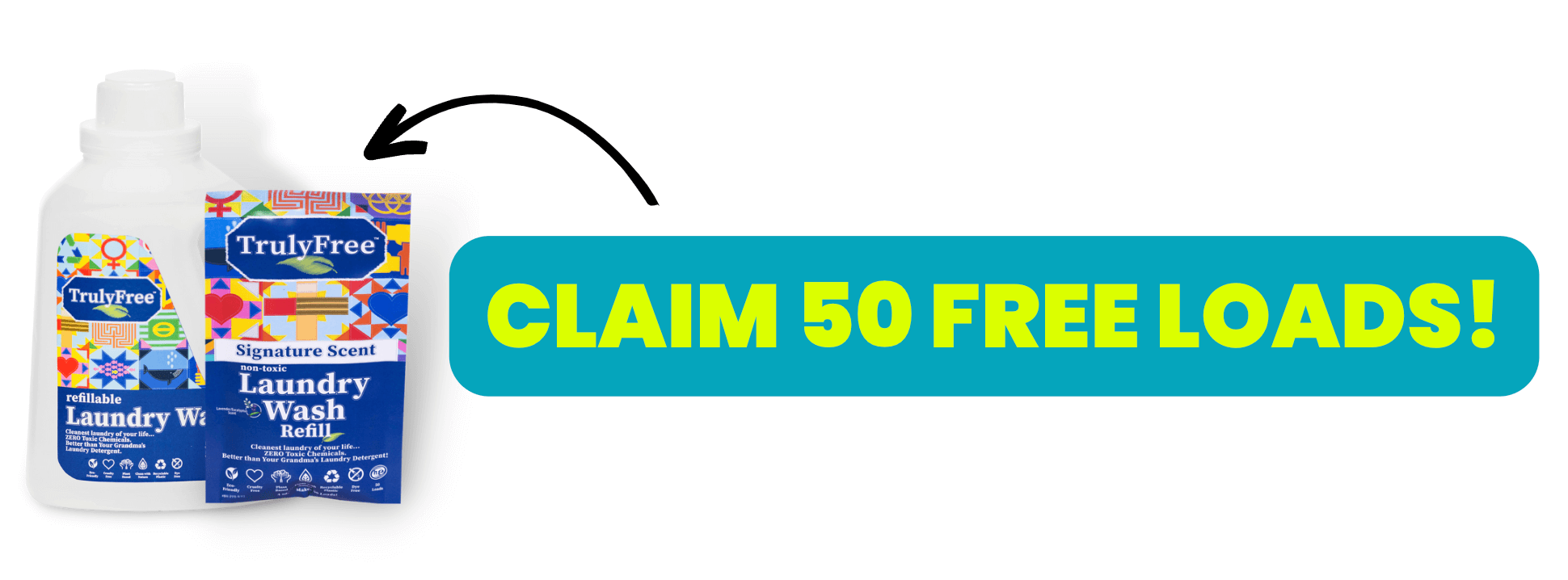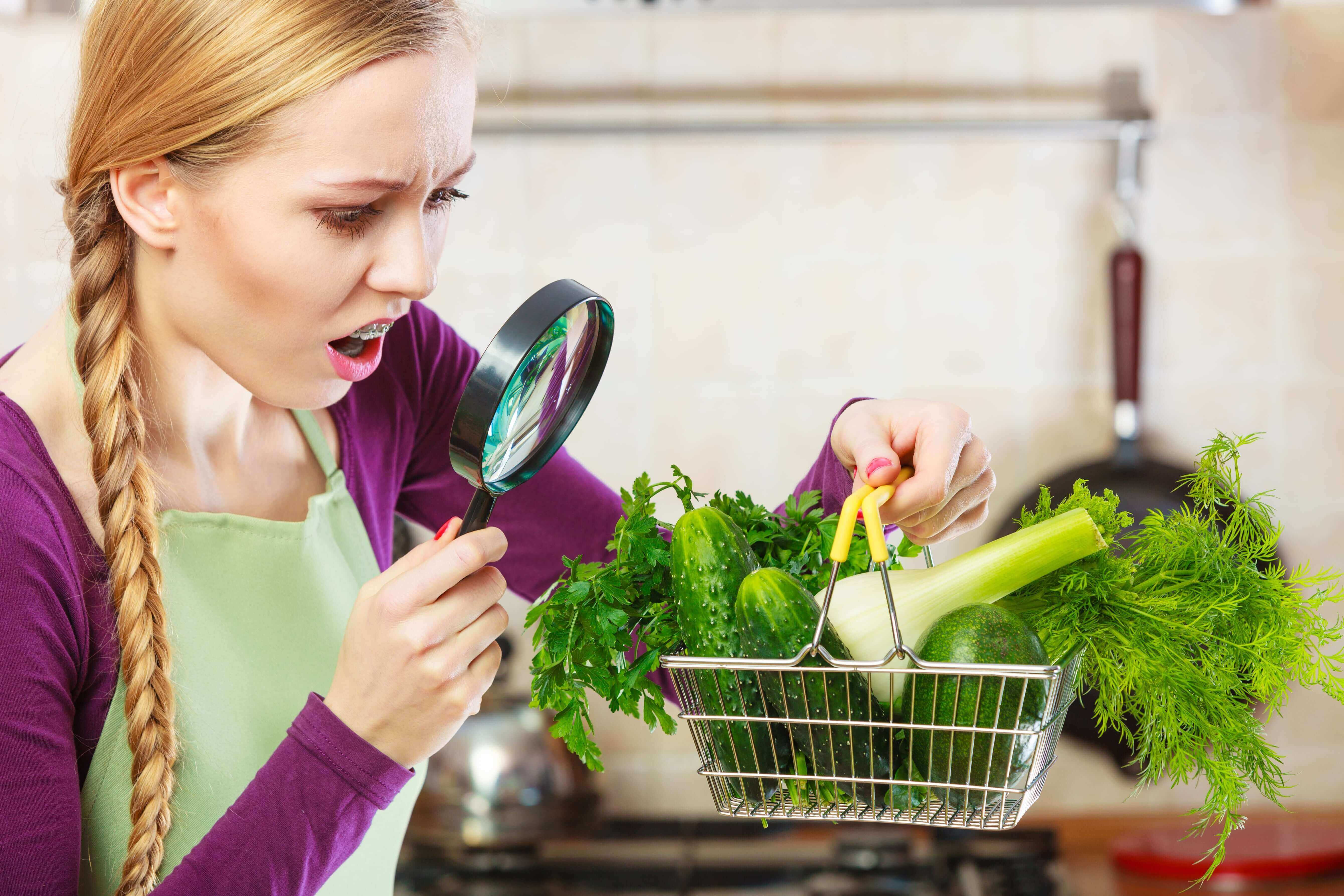
The Pesticide Paradox: Practical Tips For Safer Produce
Posted On: March 8th, 2024
Picture this: I’m in the kitchen, my daughter's about to bite into a juicy peach, and I practically leap across the room to stop her.
Overreaction? Maybe. But here’s why I panicked: I had just discovered some unsettling truths about pesticides that turned my view on "safe" eating upside down. What if everything you knew about keeping produce fresh, safe, and tasty… was WRONG? And despite your efforts to eat healthy in 2024, could you undo it all if you overlooked ONE thing?
What’s the Deal with Pesticides?
Pesticides are chemicals that keep crops safe from bugs, weeds, rodents, and diseases. They can safeguard our food supply and help ensure plenty of fruits and veggies are made from the farm to our forks. The problem is, these chemicals don’t always stay on the farm. They can end up on (and in) the food we eat. There are two main categories of pesticides: synthetic ones made in labs and organic ones from natural sources. Both types aim to protect crops and give the fruits & veggies we love a longer shelf life, but it comes at a cost. Because “natural” doesn’t automatically mean “harmless” to humans or the environment.
Aren’t Pesticide Levels Regulated?
Regulations are in place to keep the levels of pesticides in our food lower than what’s considered harmful. This is based on research, including what happens when people are exposed to too much pesticide, either by accident or through their jobs. However, figuring out these safe levels is tricky and not without its flaws, mainly because it often relies on studies funded by the companies that make the pesticides.
Health Concerns You Should Know About
Whether it's a synthetic pesticide or an organic one, the concern remains: Could these chemicals be affecting our health? There's a surprising connection between pesticides and negative health outcomes. Research suggests a link between high pesticide exposure and serious health issues like Parkinson’s disease, Alzheimer’s, and even certain cancers. Kids might be especially sensitive, with some studies indicating a connection to ADHD and autism.
Practical Tips for Lowering Your Exposure
Despite the complexity of the issue, there are straightforward ways to reduce your exposure to pesticides:
✅ Garden Glory: If space and time allow, growing your own produce can be incredibly rewarding (and reassuring). Plus, it’s a great activity to get the kids involved in!
✅ Washing and Peeling: Simple but effective. Go beyond water and clean your fruits and veggies with a non-toxic wash. Peeling them when possible can help remove pesticide residues.
✅ Go Organic for High-Risk Foods: If you’re worried about pesticides, consider buying organic for those items known to have higher pesticide levels. Resources like the EWG's “Dirty Dozen” can guide you on what those foods are.
✅ Stay Informed: Knowledge is power. The more you know about pesticides and their effects, the better choices you can make for your family.
✅ The Game ChangerThis is a wake-up call to think more critically about what we eat and to make more informed choices.
Pesticides play a significant role in agriculture, but their presence in our diet has raised important health questions.
And that's why I want to tell you about Truly Free Non-Toxic Fruit & Veggie Wash. Click on the VIDEO below to discover how 3 simple ingredients can restore the natural color and flavor of your favorite produce:
When it comes to washing produce, many people make the mistake of thinking that water alone does the trick, but that's far from the truth.
Truly Free Fruit & Veggie Wash is a smart alternative because it removes 99% more pesticides, herbicides, and waxes from your fruits & veggies than just using water!
Plus, it keeps your produce fresher for longer, which means less wastage and more delicious, crunchy bites for you and your family.
So why settle for anything less when you can give your produce the care it deserves?

